Fatigue and anemia
- Side effects
- Fatigue and anemia
- What is fatigue?
- Useful tips
- Preserving one's energy
Fatigue and anemia
The majority of people with cancer feel fatigue, especially those who have had surgery or are receiving radiotherapy and/or chemotherapy treatments. Fatigue can disrupt your sense of well-being, limit your activities and interfere with your relationships. It is often described as the symptom that causes the most distress and the one that lasts the longest.
Overview
Fatigue is the most common symptom of cancer and can be acute or chronic. Cancer fatigue is different from the normal tiredness sometimes felt by a healthy person. Cancer fatigue can have an effect on the physical, emotional, and mental aspects of daily life. Patterns of fatigue depend on the type of treatment you are receiving.
Characteristics of fatigue
- Physical: You feel weak. Your arms and legs feel heavy. Your sleep is disturbed. You have trouble completing your usual activities.
- Emotional: You feel unmotivated. You have lost interest in your usual activities. You feel sad, frustrated, or irritable.
- Mental: You have difficulty concentrating. Your short-term memory is poor.
While feeling tired may seem like a minor inconvenience compared to some of the other issues you experience, it can have a serious impact on your day-to-day activities and quality of life.
Fatigue facts
Studies of prostate cancer patients have found that:
- As many as 74% of prostate cancer patients experienced cancer‑related fatigue
- Fatigue is associated with all treatments for prostate cancer
What causes fatigue?
Fatigue is seldom caused by only one factor. It is usually caused by a combination of factors related to cancer or cancer treatments. Some of the reasons include:
Cancer and cancer treatment
Cancer itself can cause changes in your body, like increasing its need for energy. Chemotherapy and radiation therapy may also cause fatigue as your body works to repair your damaged non‑cancerous cells. Treatments that cause side effects like anemia and pain, or that affect your hormones, can also contribute to fatigue.
The following are some examples of patterns of fatigue:
- Surgery‑related fatigue: After any surgery, it is normal to feel tired or weak for several months. Energy levels will be worse right after surgery and will gradually pick up afterward.
- Radiotherapy‑related fatigue: Fatigue increases steadily from one treatment to the next. When the treatments are done, the fatigue will disappear but this may take several months.
- Hormone therapy-related fatigue: This fatigue may be directly related to the drop in your testosterone level and any other side effect that results (hot flashes, loss of libido, physical changes, loss of concentration, etc.). Regardless of the duration of your treatment, you can improve your energy level with the tips below.
- Chemotherapy or other oral treatments for advanced cancer‑related fatigue: Fatigue increases a few days after each treatment. It may decrease slightly before the next one but will not return to normal levels until several months after they are all finished.
Poor nutrition
When you have cancer, your body’s need for nutrients and its ability to process those nutrients may change. However, side effects like low appetite, nausea, and vomiting can make it difficult to meet your nutrient needs.
Lack of exercise
If you’re normally an active person, the effects of fatigue can feel more pronounced because you don’t have the energy to maintain your usual level of physical activity.
Managing fatigue‑related factors
If your fatigue is caused by something specific, your healthcare team can take steps to treat it. Treatments can include prescribing nutritional supplements, medication, or blood transfusions. Be sure to keep your healthcare team up to date on how you’re feeling.
Emotional distress
Studies suggest that 40% of cancer patients have significant depression or anxiety. Being depressed or anxious can rob you of energy.
What you can do
- It is normal to have periods of feeling “down” but if these feelings persist for a long time, it is wise to speak with a healthcare professional. Sometimes just talking about your feelings is enough to help. In other cases, medications may help to relieve the distress.
Disturbed sleep
People with cancer have more trouble falling asleep and staying asleep than “healthy” people
What you can do
- Try to go to sleep and wake up at the same time each day.
- Take short naps (30 minutes) but avoid long, late afternoon naps.
- Make sure that your bedroom is dark and quiet.
- Relax before going to bed.
- Make sure your bed, pillows, and sheets are comfortable.
- For several hours before bedtime, avoid alcohol, caffeine, exercise and eating.
- If you wake up and can’t fall back to sleep, get up and do something quiet and boring until you feel tired again. While you are up, try not to watch the clock or turn on bright lights.
- Speak with your healthcare professional about sleeping medications.
Poor nutrition
People with cancer or cancer treatments can lose their appetite and may experience nausea, vomiting or diarrhea. Weight loss is a sign that you are not taking in enough energy to meet your body’s needs. When you are not taking in enough energy, you may feel fatigue. Check out our Nutrition and healthy body section.
What you can do
- Eat your meals at the same time each day.
- Eat smaller, more frequent meals (i.e. six small meals per day).
- Eat foods that are high in protein (chicken, fish, meat, dairy, peanut butter, eggs).
- Drink plenty of fluids.
- Speak with your doctor about seeing a dietitian.
- If you continue to experience a lack of appetite, ask your doctor about appetite stimulants.
Lack of exercise
Many people believe that resting in bed will help them to recover faster from their cancer. This is not true. Prolonged bed rest has many dangerous effects on the human body including weakness, blood clots, depression, poor balance, and fatigue. Low to moderate daily exercise is one of the most effective ways to manage fatigue.
What you can do
- Try low to moderate exercise (like walking) balanced with periods of rest.
- If you have any of the following conditions, you are advised to see a physiotherapist before exercising: infection, cancer in your bones, low platelets, or low red blood cells.
Chronic pain
Unrelieved pain is strongly associated with fatigue. Your body uses energy as it struggles to function through the pain.
What you can do
- Use pain medications as prescribed. It is very important to keep on top of the pain. The longer the pain continues, the harder it is to treat.
- If you continue to feel pain, speak with your doctor. They can help you find a more suitable pain medication or suggest some other ways to manage pain.
Medications
There are several medications that can cause fatigue. They include blood pressure medications, opioids (morphine‑based pain medications), anti-depressants, anti‑nausea medications, and antihistamines.
What you can do
- Ask your doctor if your medications cause fatigue. If so, your doctor may adjust the dose or choose another medication.
Anemia
Anemia is caused by an abnormally low level of red blood cells or hemoglobin. Cancer or its treatments – such as chemotherapy or oral treatment for advanced cancer – may be the cause. Fatigue and lack of drive are among the first signs of anemia. Anemia should not be neglected.
What you can do
- Ask your healthcare professional if you have anemia. If so, find out which of these ways to manage anemia is suitable for you:
- Eat iron‑rich foods or iron supplements (liver, legumes, green vegetables, nuts and seeds, orange juice, etc.)
- Blood transfusions
- Erythropoietin: this is an injection that helps your body to produce more red blood cells
Other bodily processes
- Healing: Your body uses energy to repair tissues that are damaged during treatment or surgery.
- Chronic inflammation: when you have cancer or undergo cancer treatments, your body can produce inflammatory molecules that may cause fatigue.
- Disease progression: although there are many other causes of fatigue, fatigue can sometimes signify disease progression.
These causes of fatigue are difficult to reverse. It is important to learn how to conserve and manage the energy that you have. Ask for help. Your family and friends are there to support you, so don’t be shy about taking them up on offers to help. Cooking, chores, driving, and taking care of pets are just some of the simple ways they can help.
Strategies for conserving your energy:
- Performing demanding activities at peak energy times
- Balancing activities with periods of rest
- Prioritizing
- Delegating
- Pacing yourself
- Using labor‑saving devices (raised toilet seat, electric can opener, etc.)
Strategies for increasing your energy:
- Spending time in a natural environment (outdoors)
- Do things that you enjoy
- Certain medications may increase your mental alertness. Ask your doctor if these are appropriate for you.
Working with your healthcare team
If your fatigue has a specific cause, your healthcare team can take steps to treat it, such as nutritional supplements, medicines or blood transfusions, so always keep them up to date on how you’re feeling.
Additional Information - Side effects
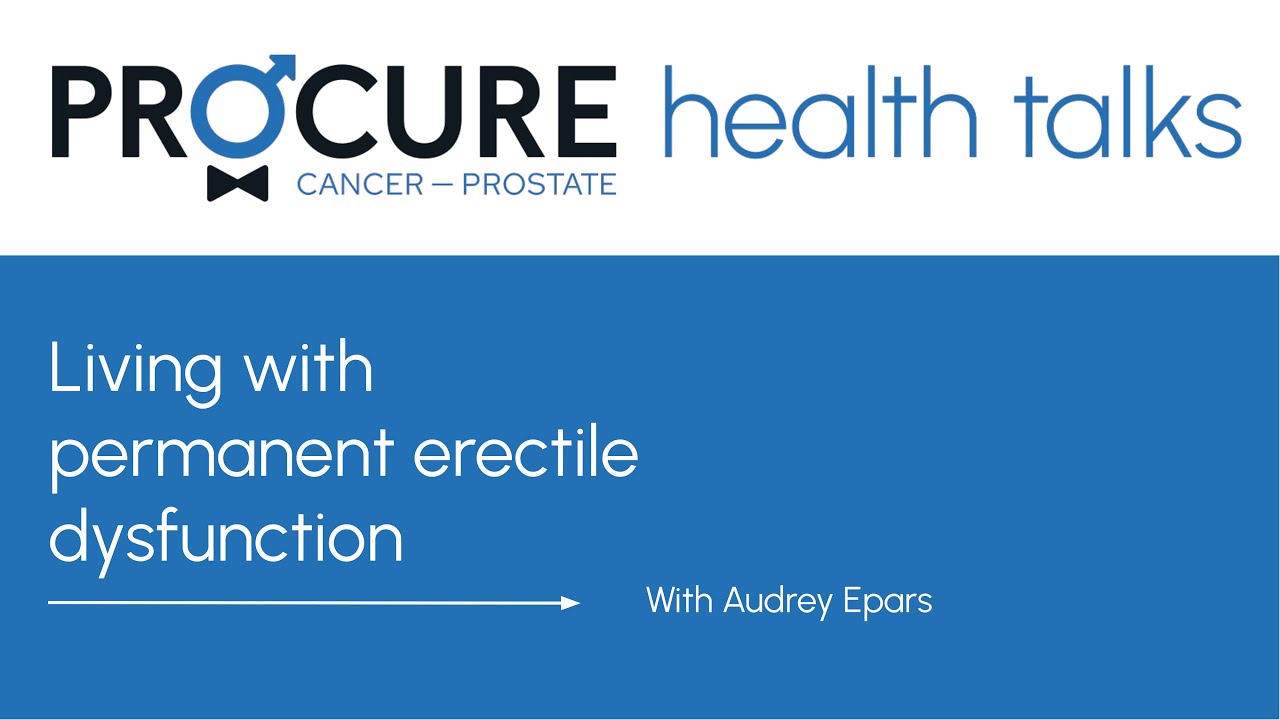
Living with permanent erectile dysfunction
Managing permanent ED after prostate cancer is delicate. Discover strategies to cope with it.
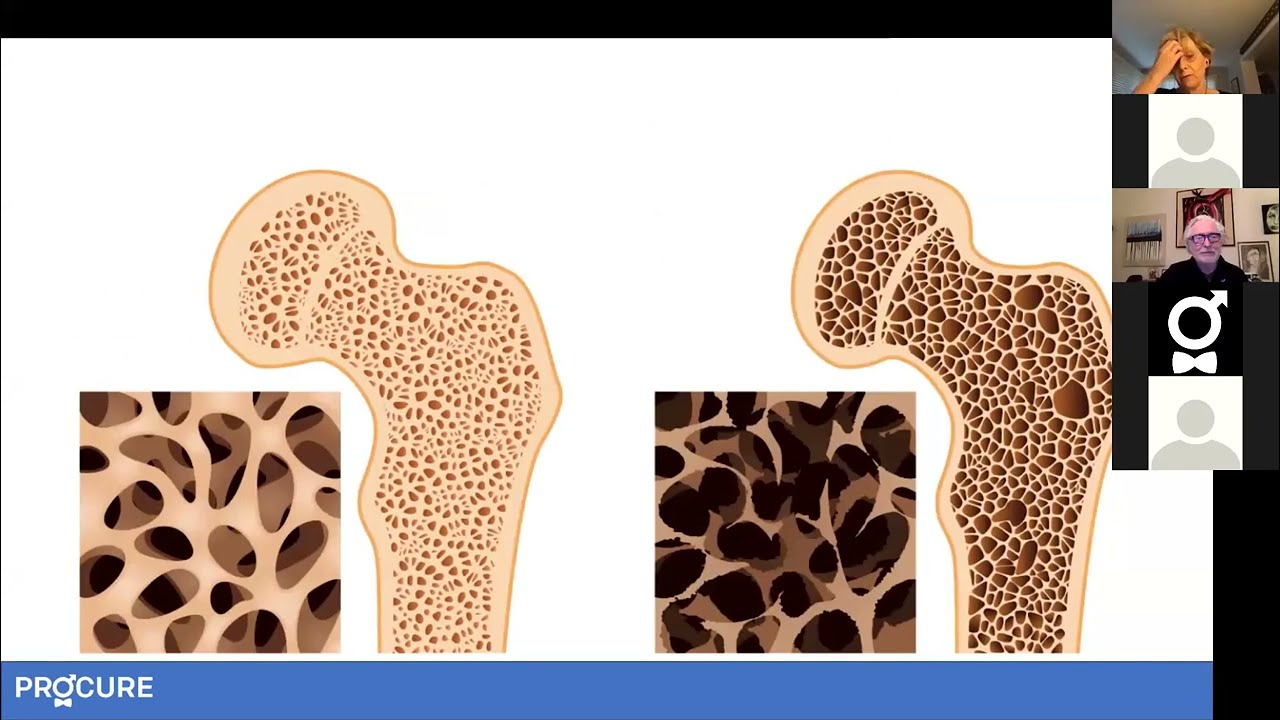
Hip fracture? No thank you! Male bone health
Dietary and physical adjustments can improve bone health and reduce the risk of fractures.
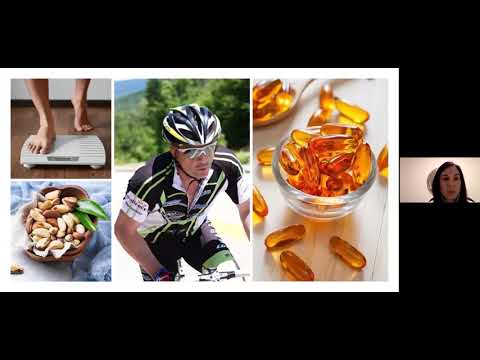
Nutrition during and after your treatment
Adjustments you can make to your diet or whether you have or are being treated with radiation therapy, hormone therapy, or chemotherapy with clinical dietitian.

Living Fully, Drinking Moderately
Benefits of Drinking Less and Flavourful Recipes to Guide You Are you aiming for a healthy start to the year by reducing or completely abstaining from alcohol? It can be challenging, especially when many of our social activities revolve around drinking, such as “Happy Hours” or going to a bar with friends for a sporting […]

Rediscovering Well-being After Treatments
After completing treatments, people often feel a mix of concern and relief. The main focus during this transition is rediscovering well-being.

Do you have a curved penis?
Is your penis curved? Does it curve to the left, right, upward, or downward? You have a curved penis and you or your partner want to know why?

Orgasm without erection?
It is entirely possible for a man to achieve orgasm without an erection or penetration and there are several ways to achieve this.

Simple and easy-to-make healthy recipes
Regardless of the season, why not take the opportunity to cook simple and easy-to-make healthy recipes that are rich in nutrients beneficial for your heart and prostate?!

Fresh start with new habits
We don’t have to wait until January 1st to make a fresh start and adopt new habits. This decision can be made at any time during our life.

Does warm milk help you sleep better?
Can a glass of warm milk help you sleep better in the arms of Morpheus? The Rumor Detector wondered if the research has confirmed this.
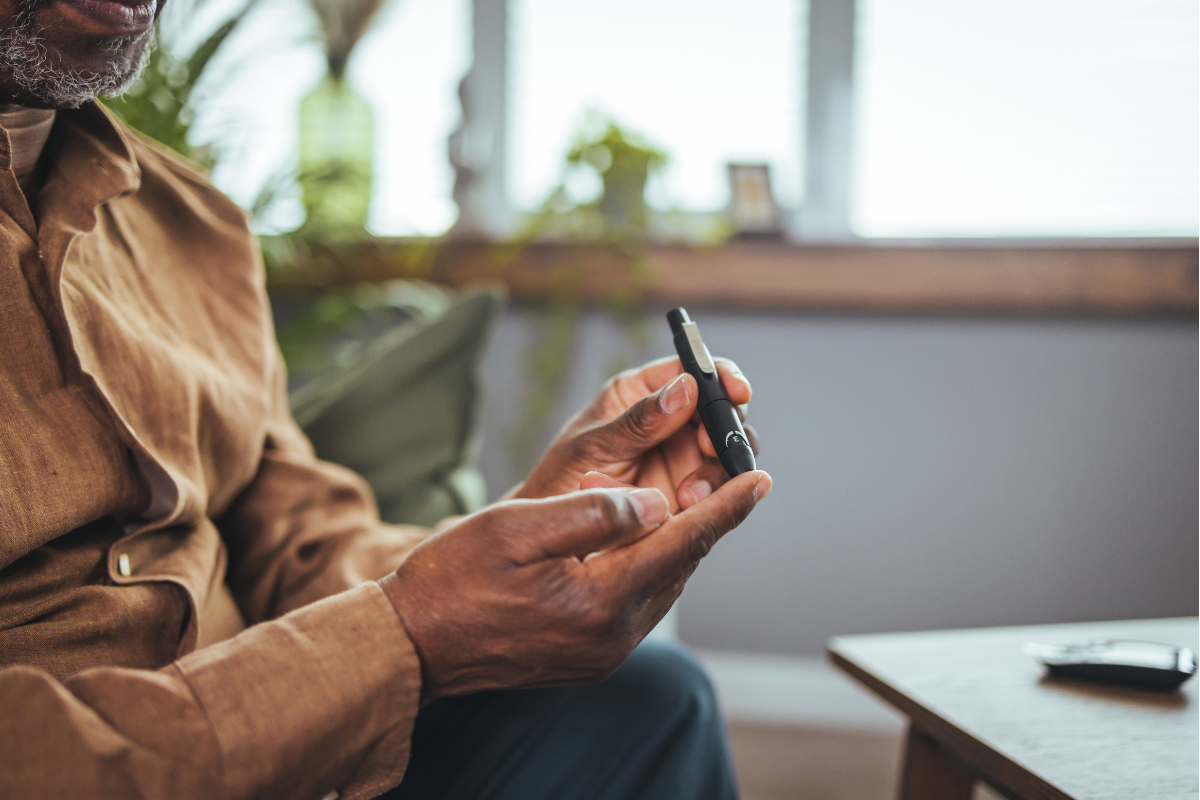
I am a little bit diabetic
My doctor informed me that I am a little bit diabetic and that I will have to make important changes to my lifestyle.
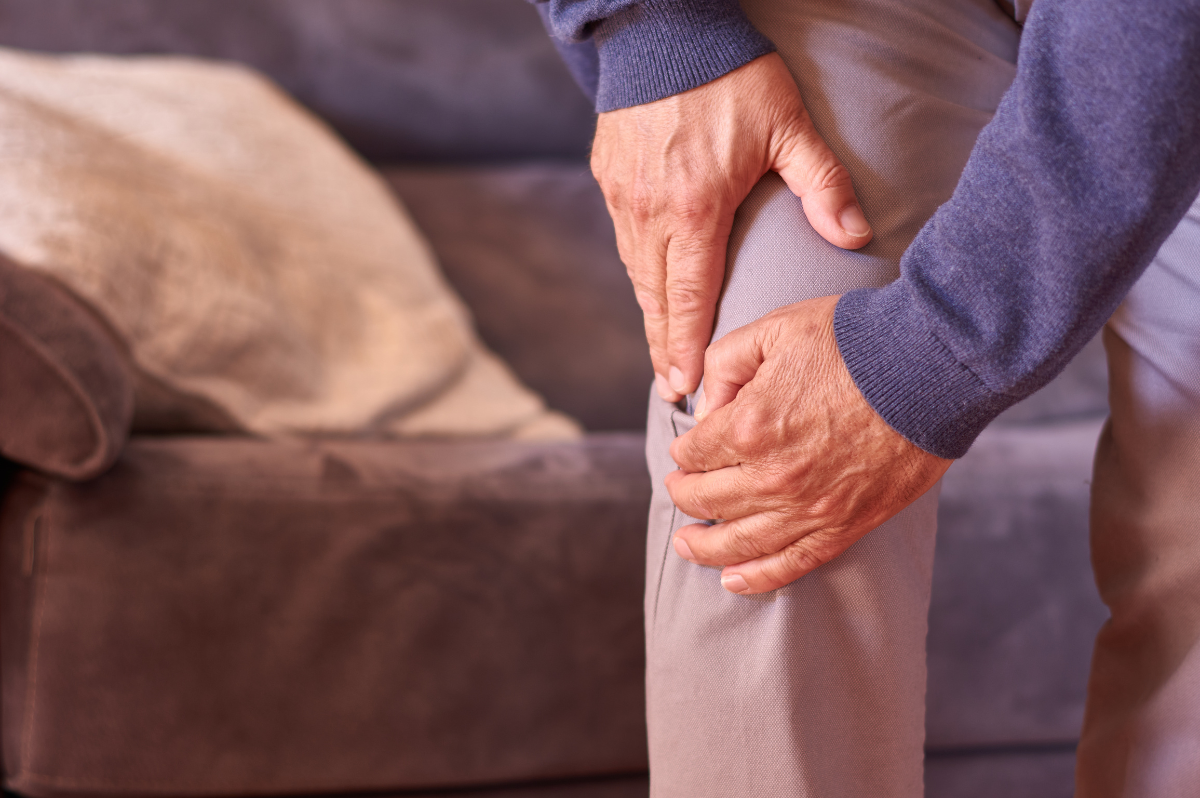
Caring for your bones in 5 points
Nicknamed “the silent thief” due to the absence of symptoms, osteoporosis is often only detected at a more advanced stage following a fracture.
Sources and references
Last medical and editorial review: April 2024. See our web page validation committee and our collaborators by clicking here.

